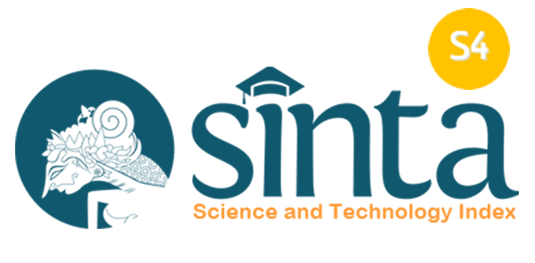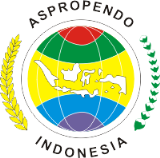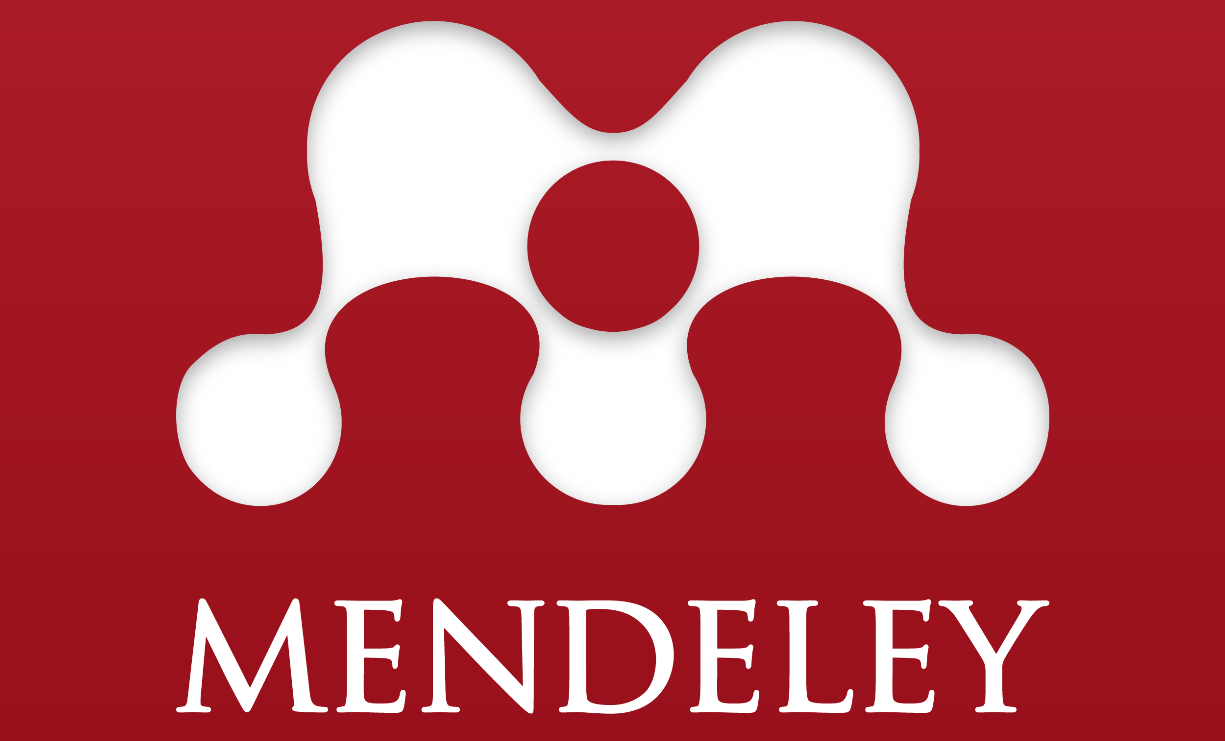PENGARUH EFEKTIVITAS PENERAPAN MODEL PEMBELAJARAN KOOPERATIF TIPE NUMBERED HEAD TOGETHER (NHT), MIND MAPPING, DAN TALKING CHIPS TERHADAP PENINGKATAN KEMAMPUAN BERPIKIR KRITIS SISWA (Studi Eksperimen pada Siswa Kelas VIII Mata Pelajaran IPS di SMPN 1 Jalaksana Kabupaten Kuningan)
Abstract
Abstract: This study aims to determine students critical thinking skills after applying the cooperative learning model Numbered Head Together (NHT), Mind Maping and Talking Chips. The method used is the experimental method with Counterbalanced Design research design. The instrument in this study used multiple choice questions. The population of this study was all eighth grade students of Junior High School 1 Jalaksana. The sample used is class VIII A, class VIII B and class VIII C where each class consists of 38 students and in the research process will be given different treatments for each class. Data collection techniques were obtained through tests of critical thinking skills and data analysis techniques carried out included normality tests, homogeneity tests, and t-test. The results show that there are differences in students' critical thinking skills from each treatment carried out in each class with different methods and different topics so that the proposed hypothesis can be accepted. Viewed from the results of the average value of critical thinking abilities of students in each study that the NHT method is always higher than the Talking Chips method, and the Talking Chips method is always higher than the Mind Maping method, so it can be concluded that the Numbered Head type cooperative learning model Together (NHT) is more effective in improving students'critical thinking skills.
Keywords : Critical Thinking Ability, Demand Curve, Numbered Head Together (NHT), Mind
Mapping, Offers, Requests, Talking Chips
Keywords
Full Text:
PDFReferences
Al-Tabany, Trianto.I.B. (2014). Mendesain Model Pembelajaran Inovatif, Progresif, dan
Kontekstual :Konsep, Landasan, dan Implementasinya pada Kurikulum 2013
(Kurikulum Tematik Integratif/TKI). Jakarta : PRENAMEDIA GROUP
Frankel, R. J., & Wallen, E. N. (1993). How to Design and Evaluate Research in Education.
Illinois: F. E.
Huda, M. (2011). Cooperative Learning Vol. 113. Yogyakarta: Pustaka Pelajar.
Ibrahim, Muslimin. Et. A;. (2000). Pembelajaran Kooperatif. Surabaya: University Press.
Irmawati, T. & Handoyo, B. (2013). Pengaruh Model Pembelajaran Kooperatif Tipe
Numbered Heads Together terhadap Kemampuan Berpikir Kritis Siswa. [Online].
Tersedia :
http://jurnalonline.um.ac.id/data/artikel/artikel24E9B7AA07ED9FFB3BE987EE9EA
A8B0F.pdf. [20 Februari 2018].
Kawuwung, F. (2012). Profil Guru, Pemahaman Kooperatif NHT, dan Kemampuan Berpikir
Tingkat Tinggi di SMP Kabupaten Minahasa Utara. el–Hayah, 1(4). [Online].
Tersedia: http://ejournal.uin-malang.ac.id/index.php/bio/article/view/1693. [04 Maret
.
Komalasari, Kokom. (2010). Pembelajaran Kontekstual dan Aplikasi. Bandung: Refika
Aditama.
Lie, Anita. (2008). Cooperative Learning. Jakarta : Grasindo.
Rohmah, D. M. (2015). Implementasi Model Pembelajaran Kooperatif Tipe Numbered Heads
Together (NHT) untuk Melatihkan Keterampilan Berpikir Kritis Siswa pada Materi
Stoikiometri di SMAN 3 Lamongan (Implementation of Cooperative Learning
Models Numbered Heads Together (NHT) Types to Training Students’critical
Thinking Skill On Stoichiometry Matter in SMAN 3 Lamongan). UNESA Journal of
Chemical Education, 4(2). [Online]. Tersedia:
http://jurnalmahasiswa.unesa.ac.id/index.php/journal-of-chemicaleducation/
article/view/11949 [18 Maret 2018]
Sagala. S. (2003). Konsep dan Makna Pembelajaran. Bandung: Alfabeta.
Siregar, S. (2013). Metode Penelitian Kuantitatif. Jakarta : Kencana.
Sudrajat, A. (2011). Kurikulum dan Pembelajaran dalam Paradigma Baru. Yogyakarta:
Paramitra Publishing.
Sugiyono. (2010). Metode Penelitian Pendidikan (Pendekatan Kuantitatif, kualitatif dan
R&D). Bandung : Alfabeta.
DOI: https://doi.org/10.25134/equi.v16i01.2017
Refbacks
- There are currently no refbacks.













